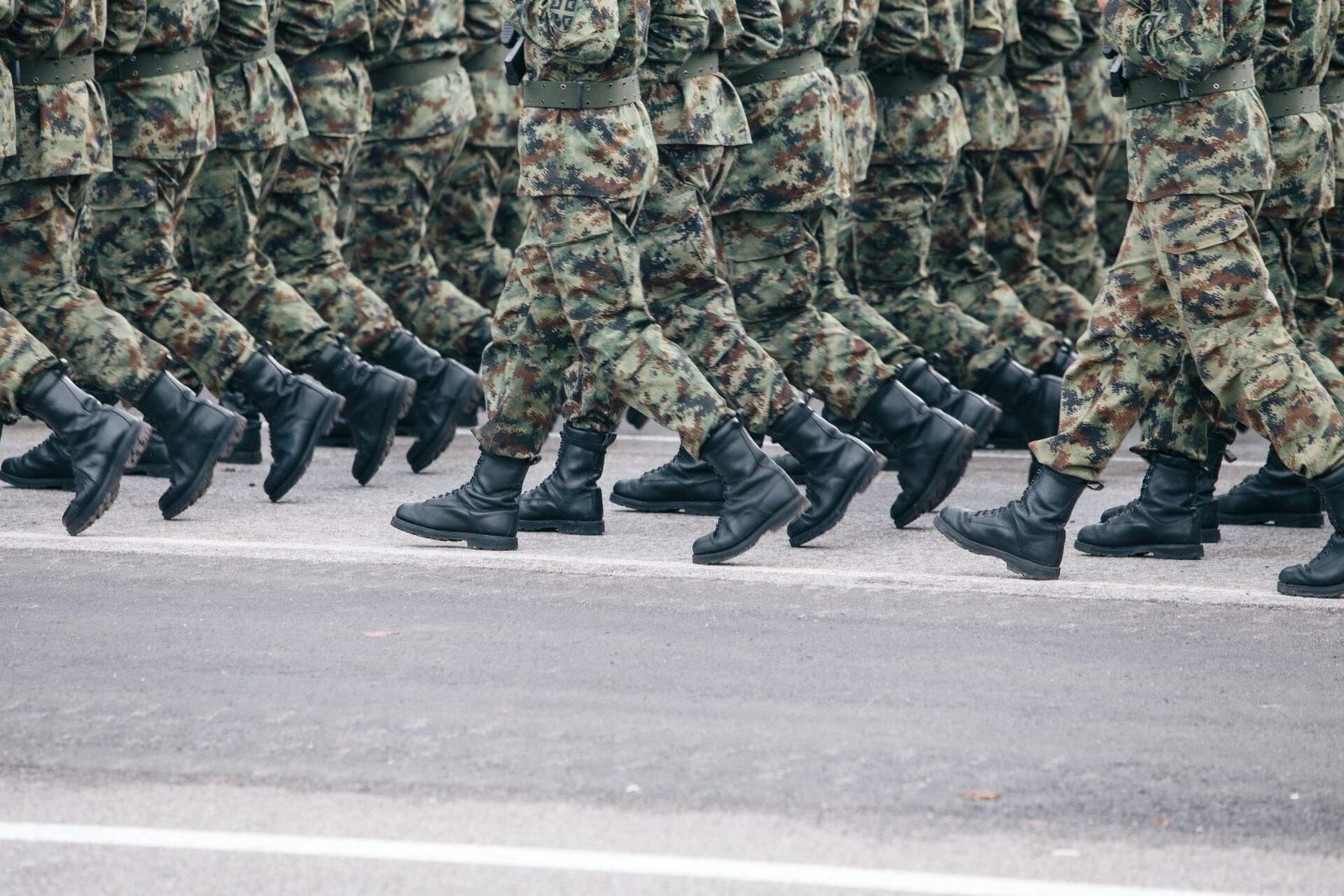In the scenic backdrop of the Pacific Islands, specifically Fiji, the international politics and defense dynamics are taking a turn, emblematic of the broader shift in global alliances and pressures. At the forefront of this event was the Indo Pacific Chiefs of Defence Conference, held on August 16, hosted by the U.S. It is an annual event that showcases the evolving defense strategies and partnerships in the region. This year, it gained increased significance as a Chinese military delegation, under General Xu Qiling, joined the proceedings.
The Pacific – An Evolving Landscape
The Pacific region, with its clear waters and pristine beaches, has been more than a tourist destination in recent years. It has become a hotspot of geostrategic interests, a theater where great powers stage their plays. As Prime Minister Sitiveni Rabuka of Fiji noted in his opening remarks, the region stands at a critical juncture. The Pacific, he urged, should be a “zone of peace”. But is this a feasible aspiration, given the increasing geopolitical tensions that are piercing the tranquility of the region?
General Xu Qiling’s Role
General Xu Qiling isn’t just any delegate. He holds the significant title of the deputy chief of staff in the Joint Staff Department of China’s Central Military Commission. His presence at the conference reflects Beijing’s growing assertiveness and interest in the Pacific region. His participation also underscores China’s intention to be recognized as a key player in the region’s defense dynamics.
The hosting by the U.S. commander of the Indo Pacific Command, Admiral John Aquilino, and Fiji’s military commander, Major General Jone Logavatu Kalouniwai, emphasizes the strategic importance the U.S places on this region. With representatives from 27 nations, this gathering wasn’t just a symbolic one but had tangible implications for regional security.
Silent Interactions: U.S. and China
While the Indo Pacific Chiefs of Defence Conference was in full swing, many eyes were on the silent dance between the U.S and China. The two giants of the world stage have had a checkered past when it comes to military dialogue. This year, their interactions, or the lack of them, came under intense media and strategic scrutiny.
Though it was not immediately clear whether the U.S. and Chinese delegations would hold bilateral talks on the sidelines, the past offers some context. The reluctance for high-level dialogue became palpably evident in June when, at a security conference in Singapore, China’s Defence Minister Li Shangfu and U.S. Secretary of State Lloyd Austin chose not to meet, despite being present at the same event. The U.S. had extended an olive branch in the form of a meeting offer, but Beijing had turned it down.
The Pacific Dream: Zone of Peace
Prime Minister Rabuka’s impassioned plea for the Pacific to remain a “zone of peace” wasn’t just diplomatic rhetoric. It reflected the genuine aspirations of the smaller nations caught in the crossfire of major powers’ strategic games. He urged, “The rules-based order is our shield against aggression and it is our duty to bolster and defend it vigorously.”
Rabuka’s statements come at a time when smaller nations in the Pacific find themselves navigating the complexities of an interconnected world where regional dynamics are rapidly shifting. Strategic competition is inevitable, but as Rabuka pointed out, it can coexist with mutual respect. The path forward, he believes, is fostering trust and promoting dialogue.
Australia’s Role and Defense Chief Angus Campbell
Australia, a significant player in the Pacific realm, marked its presence at the conference with its defense chief, Angus Campbell, in attendance. Australia’s role in the Pacific has been multifaceted. On one hand, it has historical ties and economic interests in the region. On the other, it’s also been keen on ensuring that the Pacific doesn’t become a playground for major powers at the expense of the smaller nations.
Conclusion
The Indo-Pacific Chiefs of Defence Conference in Fiji wasn’t just another diplomatic gathering. It was a microcosm of the broader defense and strategic shifts happening on the global stage. As nations converge, discuss, and sometimes silently observe, the Pacific stands at a crossroads. The region, with its vast blue expanses, holds the key to future geopolitical moves. The stakes are high, and the moves made now will shape the course of the region for decades to come.
Read More:
